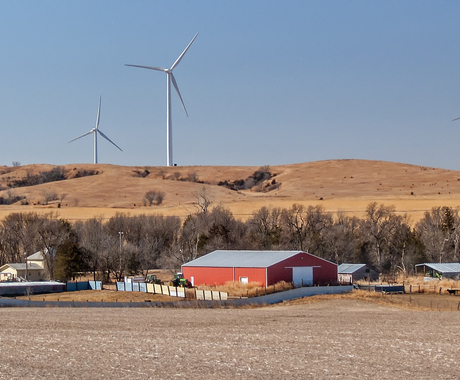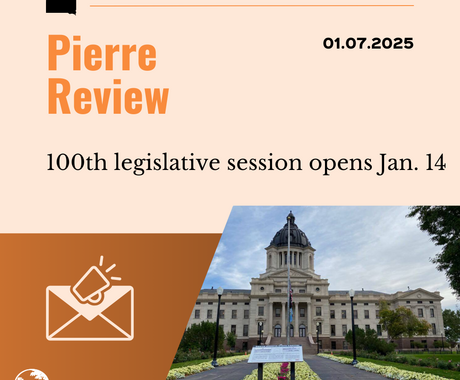By Cody Smith, former staff member
Our priority issues in Iowa include renewable energy and water quality.
Relevant developments concerning priority legislation will be shared via email.
Visit cfra.org/signup or email [email protected] for updates.
What do you think?
Let us know your input on these priorities and tell us about other state issues that are important to you.
Are you interested in writing a letter to your legislator or even testifying at the state capitol? Let us know.
Renewable energy
The Iowa Solar Tax Credit helps reduce the pay-back period for both residential and utility-scale customers, making solar energy more financially-viable for consumers. As the law is currently written, it reimburses solar customers at 50 percent of the total federal Investment Tax Credit.
Unfortunately, the tax credit dropped from 30 percent of total project cost to 26 percent in 2020 and will be phased out for residential customers by 2022. The current list of farmers, small business owners, and other solar customers waiting for the Iowa Department of Revenue to approve their solar tax credit will take until 2022 to clear out.
In 2021, we will shift our efforts to promote the decoupling of the Iowa Solar Tax Credit from the federally-controlled Investment Tax Credit to continue facilitate growth and reaffirm Iowa’s commitment to renewable energy.
We will also aim to raise the state-mandated cap of $5 million a year to a level that clears out the years-long waiting list that exists as a result of this limit.
Water quality
In 2010, 63 percent of Iowa voters approved the Natural Resources and Outdoor Recreation Trust Fund, often referred to as Iowa’s Water and Land Legacy or IWILL. As a result, the first three-eighths cent of any sales tax increase must be designated for the fund. The state has not raised its sales tax since, therefore, IWILL has sat unfunded for more than a decade.
In 2020, the governor introduced the Invest in Iowa Act, which proposes to raise the state sales tax by one cent to fund mental health services, reduce income taxes, and allocate the required funding to IWILL. The Center assisted with this proposal by helping to draft the Local Conservation Partnership Program, a new initiative to provide resources for the sustainable funding of watershed coordinators, robust watershed management planning, and locally-directed watershed partnerships.
In 2021, we will continue to work with the governor’s office and legislators to ensure the Local Conservation Partnership Program is introduced, adopted, and funded.





